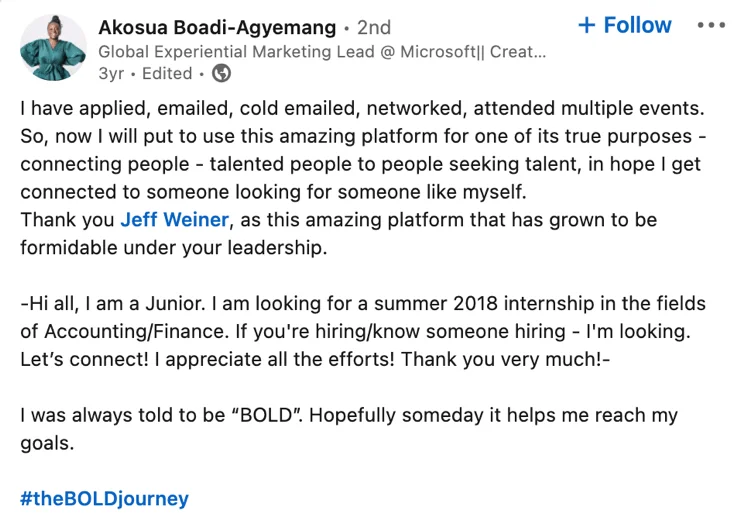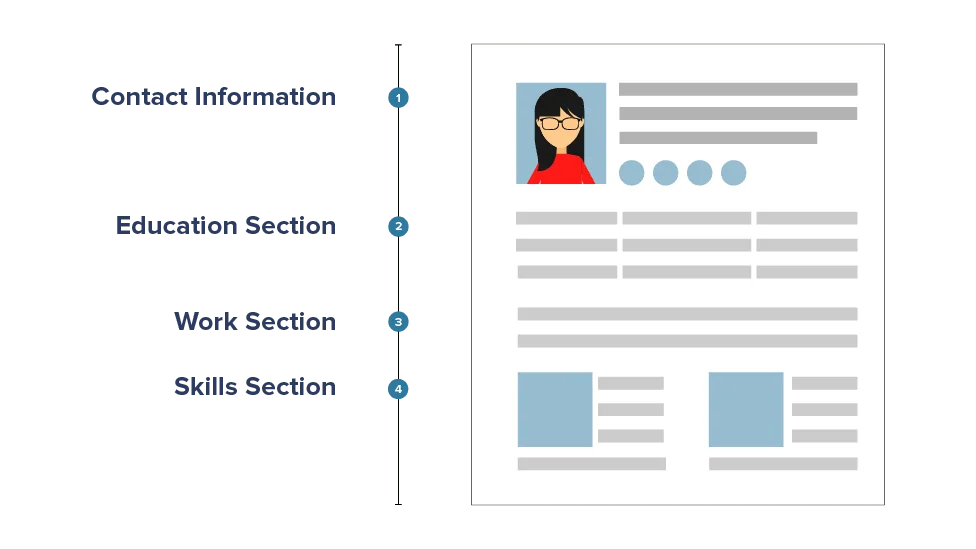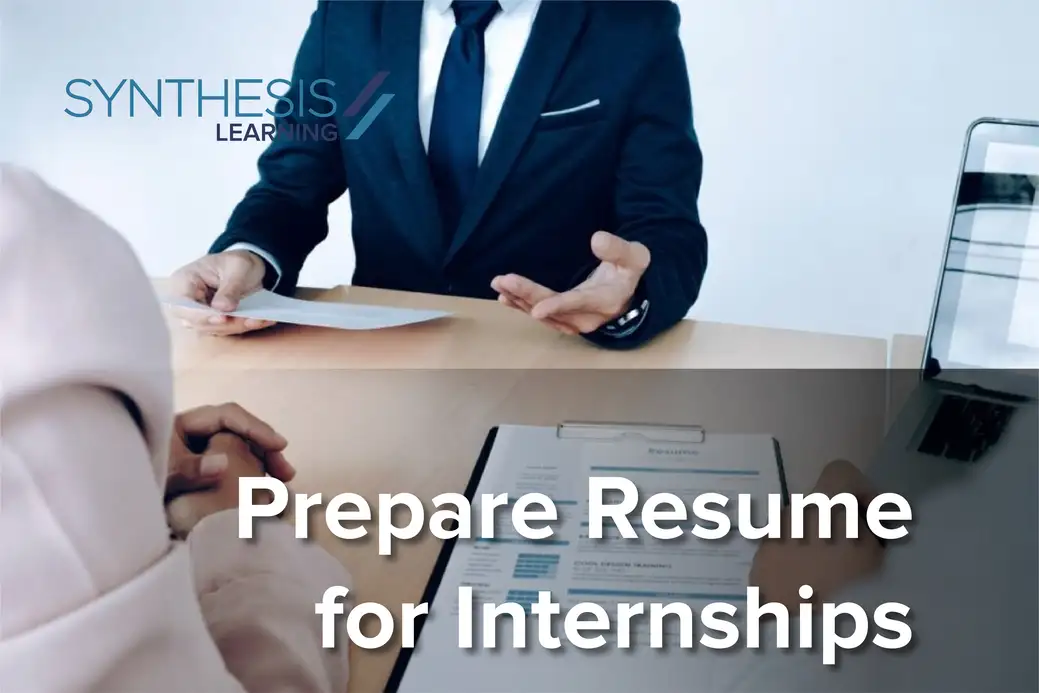Table of Content

1. Having A Killer First Impression
First impressions never have a second chance! Hiring managers get hundreds — and sometimes thousands — of applications and they don’t have enough time to flip through page upon page of information. On average, a resume gets scanned only for 10 seconds (source: Forbes Magazine).Microsoft CEO Satya Nadella wisely says that he looks for two simple but powerful things in new hires: “clarity and energy” and these are called Nadella’s Necessities.
Avoid sugar-coated, vague, generic global objective statements. You know you don’t mean it, the employers know even better. The objective should be very specific and should be substantiated by the points mentioned further.2. Freelance And Volunteer Work Counts
List your key wins and accomplishments: Have you published an e-book or personal blog? Have you helped your friend in managing their startup? Do you volunteer at a local charity or NGO?Elon Musk gave the following answer when asked what skills he looks for when hiring: “What I’m really looking for is evidence of exceptional ability. Did they face really difficult problems and overcome them? And of course, you want to make sure if there was some significant accomplishment.”
If you have any freelance experience in the past, use that to strengthen your resume. Showcase your experience, including bullet points highlighting your accomplishments and the organizations you have worked with. Likewise if you have experience of part-time work, focus on its value and your learnings from the same.3. Stand Out From The Crowd
One of the first things employers look at is what makes the candidate stand out from the crowd. These skills or interests may also form the basis for an interesting conversation topic at the interview, which allows you to show off your personality.
A university student in Miami found an interesting way to use social media in her journey to get her the internship. Akosua wrote a public LinkedIn status declaring she was looking for a finance or accounting internship. The post quickly went viral and within 3 months, she landed an internship at Microsoft.
The resume should also show any recent vocational training you have undertaken and include any genuine foreign language skills or unusual interests. Even if they are not particularly relevant to the job, these hint at your ability to learn and develop new skills.4. Customize To Increase Your Odds
Recruiters want to be sure each applicant has a genuine interest in the role they have applied for and see that they have spent time on their submission. Make sure you tailor your resume to the job you applying for – use the job description for the internship as a guide. If the job posting lists certain skills, try to think of other areas where you’ve demonstrated those skills. Really dig into the requirements and responsibilities the posting is asking for and see how any experience you have had so far might align.5. Using An Appropriate Resume Format
 Contact Information: At the very top, preferably in a bigger, bolder font, add your contact information — which should include your name, your phone number, your email address, and any relevant links like your LinkedIn profile, relevant social media sites, or a personal blog, if you have one.
Education Section: Assuming you are still in college or recently graduated, you should then include your education section where you’ll list any relevant coursework and your degree, like a Bachelor of Commerce.
Work Section: Then move on to the work section to highlight any prior work experience as mentioned above. Quantify your impact wherever possible.
Skills Section: Job seekers may also want to include skills and extracurricular activities section or a section highlighting awards you’ve received. Continue that by adding activities, skills and interests, and contact information.
By now you’re almost set to write a winning resume that your prospective employers will appreciate. Here is also a bonus list of common faux pas or avoidable common mistakes –
Contact Information: At the very top, preferably in a bigger, bolder font, add your contact information — which should include your name, your phone number, your email address, and any relevant links like your LinkedIn profile, relevant social media sites, or a personal blog, if you have one.
Education Section: Assuming you are still in college or recently graduated, you should then include your education section where you’ll list any relevant coursework and your degree, like a Bachelor of Commerce.
Work Section: Then move on to the work section to highlight any prior work experience as mentioned above. Quantify your impact wherever possible.
Skills Section: Job seekers may also want to include skills and extracurricular activities section or a section highlighting awards you’ve received. Continue that by adding activities, skills and interests, and contact information.
By now you’re almost set to write a winning resume that your prospective employers will appreciate. Here is also a bonus list of common faux pas or avoidable common mistakes –
- Professional Email: Ensure to include a professional email that includes your full name — no nicknames or gratuitous amount of number.
- Don’t Lie: This may later result in dismissal if they are found out, making it even more difficult to secure a role later on.
- Language Mistakes: Some hiring managers say they will discount a resume even if just one spelling mistake or grammatical error is made, as it shows a lack of attention to detail.
- Proper Naming: Naming your resume file as resume.doc or cv.doc looks not only unprofessional but also makes it difficult for a recruiter to identify your resume once he or she downloads and saves your resume to a folder.
- Correct Wordings: Avoid using the word “I” in your internship resume. Instead, start phrases using action verbs — more on that in a minute. Use the past tense when describing roles you held previously and present tense if you’re writing about a university or coursework you’re currently enrolled in.




